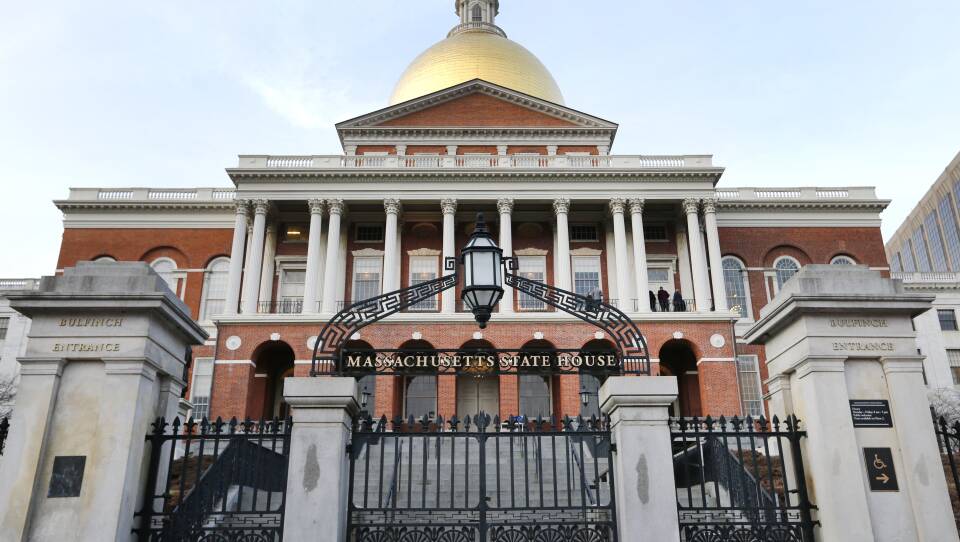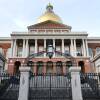Legislative leaders announced Thursday that lower- and middle-income Massachusetts residents will receive tax rebates aimed at defraying the increased cost of living.
“Whether it is the rising price of gas, groceries or summer clothes for kids, the Massachusetts Legislature has heard loud and clear that increased costs due to inflation have cut into family budgets,” House Speaker Ron Mariano, Senate President Karen Spilka, House Ways & Means chair Aaron Michlewitz and Senate Ways & Means chair Michael Rodrigues said in an emailed statement.
According to the statement, individuals who reported between $38,000 and $100,000 of annual income in 2021 will receive a one-time payment of $250 through the newly created Taxpayer Energy and Economic Relief Fund, while joint filers who earned up to $150,000 will receive $500. The statement also said payments will be issued prior to Sept. 30.
Mariano and Spilka have previously said that reducing the state’s gas tax — an idea pushed by the Legislature’s small contingent of Republican lawmakers — is the wrong way to provide financial relief to residents, because there's no guarantee savings would be passed down to consumers.
Thursday's statement reiterated that belief, asserting that a gas-tax cut would benefit “large oil companies that continue to profit off economic uncertainty and international conflict.”
The statement also said the Legislature will “continue to work on potential changes to the tax code with the goal of providing additional relief," a strong indication that additional tax reductions will be a focus as the lawmakers approach the July 31 close of their current session.
Last week, the Legislature advanced a series of structural changes championed by Governor Charlie Baker, but balked at Baker’s proposed reduction in the short-term capital gains tax.
The statement did not specify how many Massachusetts residents will be eligible for the one-time payments. Rodrigues told State House News Service thatthe total cost of the one-time relief payments would amount to "about $500 million" and would come from the state's budget surplus.







